4 Canning Salt Substitutes That Preserve Flavor
Canning salt is a pure, additive-free salt essential for preserving foods safely and maintaining their texture and color.
When canning salt is unavailable, kosher salt or pickling salt can serve as suitable substitutes, provided they are free of anti-caking agents or iodine that could affect preservation.
It’s important to use salts without additives to prevent cloudiness or off-flavors in your canned goods.
Adjustments in quantity may be needed, as grain size varies among salt types.
These alternatives help ensure your preserved foods remain safe and delicious.
Understanding the properties of different salts can enhance your home canning results.
Explore reliable substitutes to keep your pantry prepared for safe food preservation.
Best Canning Salt Substitutes for Preserving
Canning salt substitutes help preserve flavor and texture in pickling and preserving, with various mineral contents. Several salts offer excellent alternatives. Explore the best options for your pantry.
Kosher Salt
Kosher salt serves as a top-notch alternative to canning salt because it doesn't contain iodine or additives that can alter the taste of preserved foods.
Its pure nature helps maintain the original flavor of pickles and vegetables without any unwanted discoloration.
The grains in kosher salt are larger, which means measurements need adjustment - about 1½ cups of kosher salt equals 1 cup of canning salt.
Due to these bigger crystals, kosher salt dissolves more slowly in recipes, requiring a bit more patience during preparation.
Most home canners appreciate how this substitute delivers clean taste without chemical additives, making it a popular choice for traditional preservation methods.
Non-Iodized Table Salt
Substituting regular salt with non-iodized salt is a smart choice for anyone concerned about iodine content in their cooking.
The smaller granules dissolve quickly, delivering a robust salty flavor that closely resembles pickling salt in both taste and appearance.
Many cooks appreciate how non-iodized salt performs similarly in pickle recipes, maintaining familiar flavors without the iodine aftertaste.
Just be aware that anti-caking agents in some brands might cause slight discoloration in vegetables or create cloudiness in pickle brines.
Despite this minor drawback, the similar granule size makes it easy to use in equal measurements as canning salt in your favorite recipes.
Iodized Table Salt
Table salt serves as an excellent substitute for canning salt when preserving vegetables and fish at home.
Many cooks already have it in their kitchen, making it a convenient option for quick substitutions at a one-to-one ratio.
The fine texture and anti-caking agents might create cloudy brines, but this doesn't affect the safety or quality of your preserved foods.
Its more robust salty flavor works well in most recipes, though careful measurement remains important to avoid over-salting.
Just be aware that the iodine content in regular table salt may slightly alter the taste of delicate vegetables and might not be ideal for those monitoring iodine in their diet.
Fine Sea Salt & Coarse Salt
Sea salt stands out as a top-notch substitute for canning salt, offering a healthier alternative without the additives found in regular table salt.
Getting the measurements right matters because sea salt's larger particle size affects saltiness and dissolves more slowly in your recipes.
For best results, replace half a cup of canning salt with half a cup plus one teaspoon of fine sea salt, or use one cup and half a teaspoon of coarse sea salt instead.
These proportions ensure your preserved foods maintain proper flavor balance and safe preservation qualities.
Making this simple swap lets you continue canning confidently even when specialty salts aren't available in your kitchen.
How Does Grain Size Influence Salt Distribution In Canning Brines?
Grain size affects how evenly salt dissolves and distributes in canning brines. Finer grains dissolve more quickly and uniformly, ensuring consistent seasoning and proper preservation throughout the jar.
Coarser salts may take longer to dissolve, potentially leading to uneven salt concentrations that can impact flavor and safety. Choosing the right grain size helps maintain effective curing and flavor balance in canned foods.
How Do Different Salt Substitutes Impact Food Safety In Canning?
Salt substitutes can vary widely in their effects on food safety during canning. Some substitutes, like potassium chloride, may alter the preservation process because they don’t inhibit bacterial growth as effectively as regular salt.
This can increase the risk of spoilage or unsafe products. It’s essential to use substitutes that have been tested and approved for canning or to follow tested recipes specifically designed for those alternatives to ensure safety.
How Should Salt Quantity Be Adjusted When Using Substitutes In Canning Recipes?
When substituting salt in canning recipes, quantity adjustments are often necessary due to differences in saltiness and preservation effectiveness.
Some substitutes may taste saltier or less salty than regular salt, so start with less and adjust to taste if safe. It’s critical not to reduce salt too much, as it plays a key role in inhibiting microbial growth.
Always refer to guidelines for your specific substitute to maintain both flavor and safety.
Can Iodine Or Anti-Caking Agents Interfere With Long-Term Preservation?
Iodine and anti-caking agents present in some table salts generally do not interfere with the preservation process when used in typical quantities. However, excessive iodine might impart off-flavors, and some additives could slightly affect the clarity or texture of brines.
For canning, many experts recommend using pure pickling or kosher salt without additives to avoid any potential impact on flavor or appearance during long-term storage.

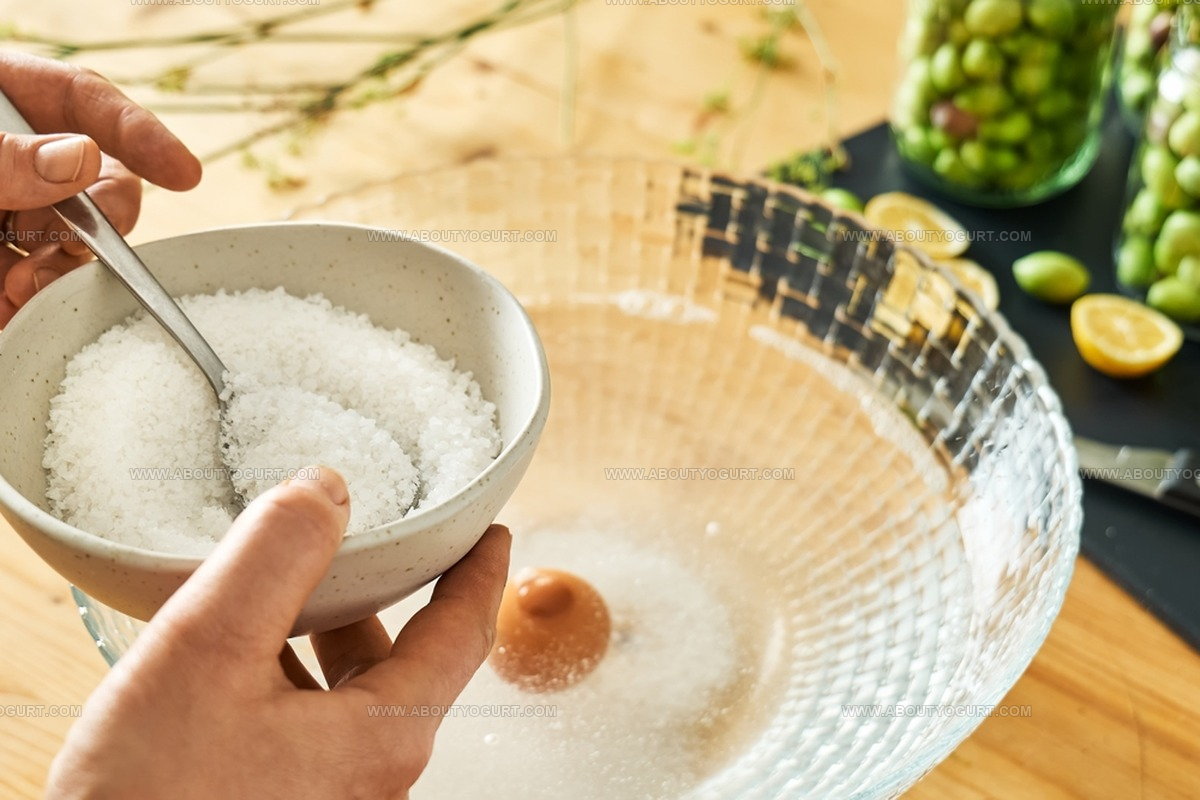
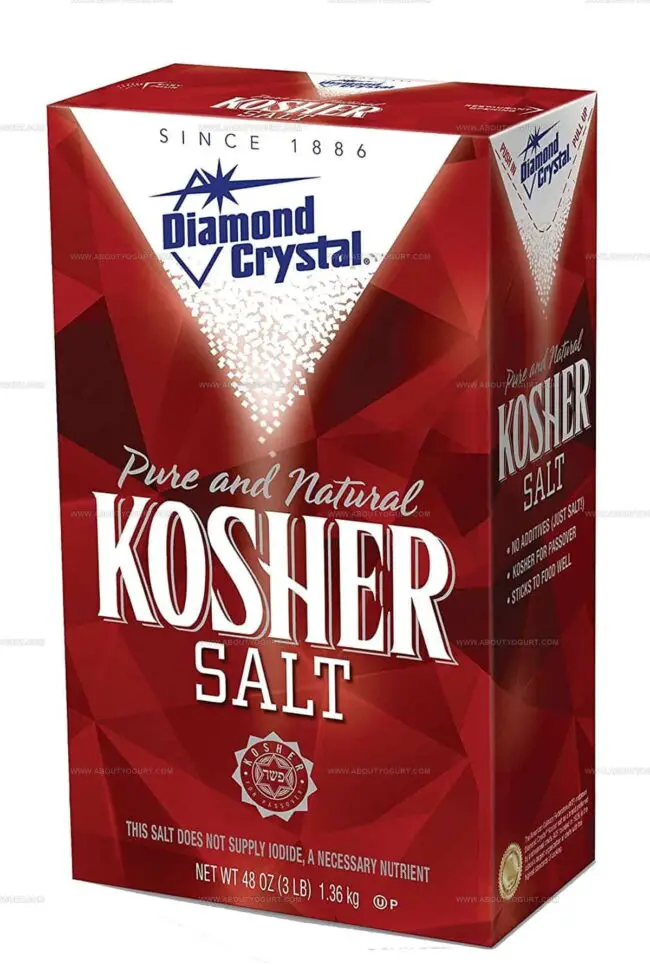
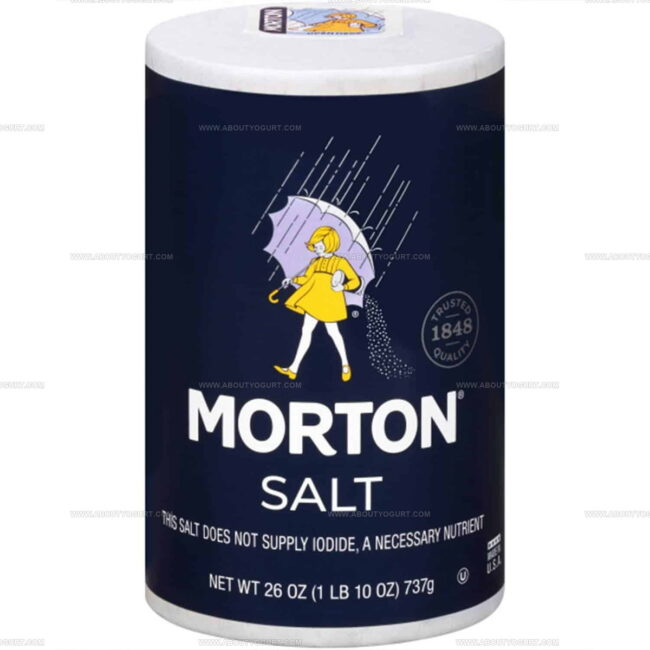
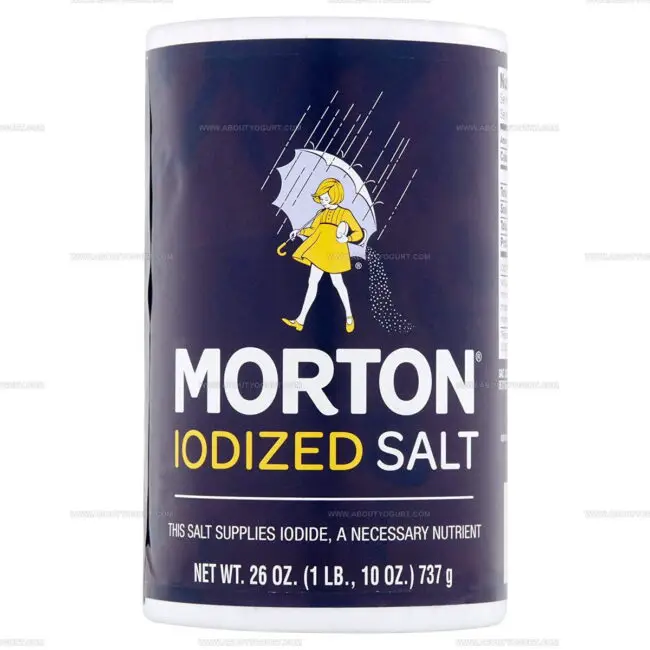

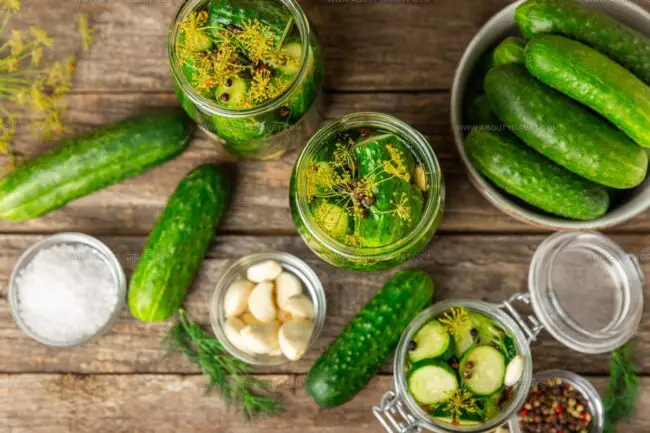
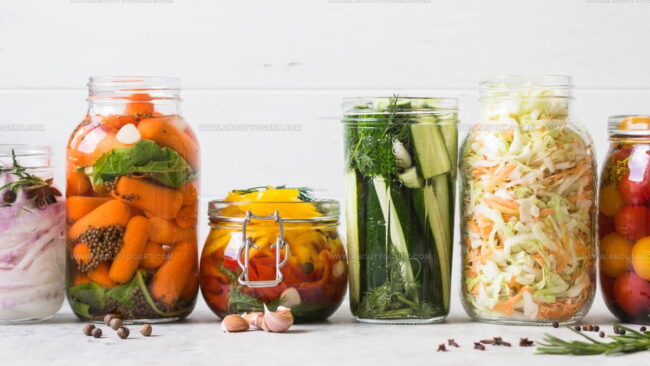
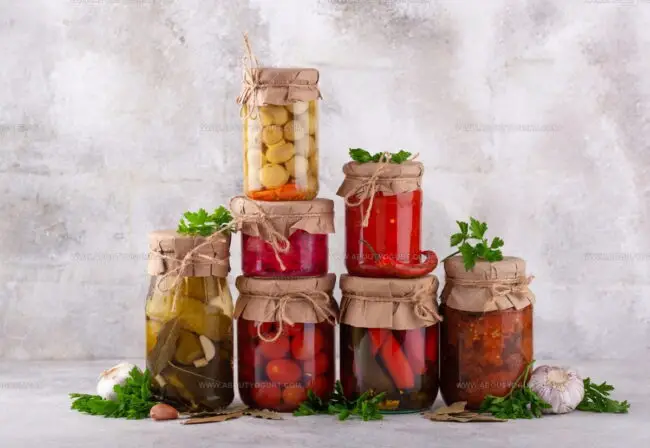
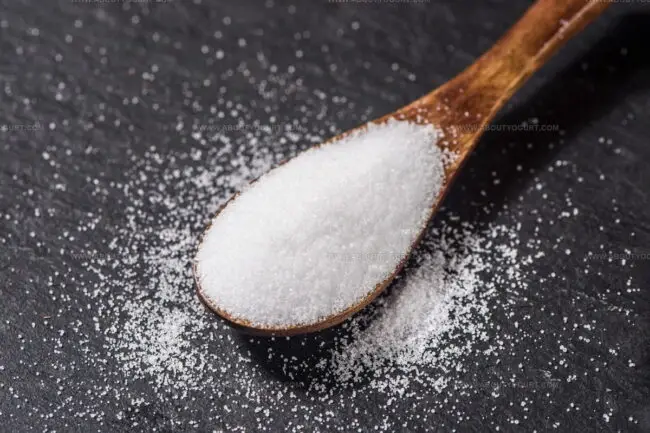
Michael Thompson
Founder & Recipe Developer
Expertise
Education
Cascade Culinary Institute – Bend, OR
ServSafe Food Handler Certification – Portland, OR
Focus: Certified in core food safety and hygiene principles for both home and professional kitchens, with emphasis on ingredient handling, kitchen cleanliness, and safe preparation methods.
Mike’s kitchen journey began with a single goal: to make everyday meals feel like something worth celebrating.
After earning his Certificate in Culinary Arts from Cascade Culinary Institute, he spent years working with local farmers and small kitchens across Oregon, learning the beauty of seasonal, small-batch cooking.
Mike’s approach is simple, cook with what’s fresh, keep it approachable, and always leave room for a little creativity. When he’s not testing yogurt marinades or designing single-serving meals, you’ll find him hiking trails or hunting down the best berries at local markets.